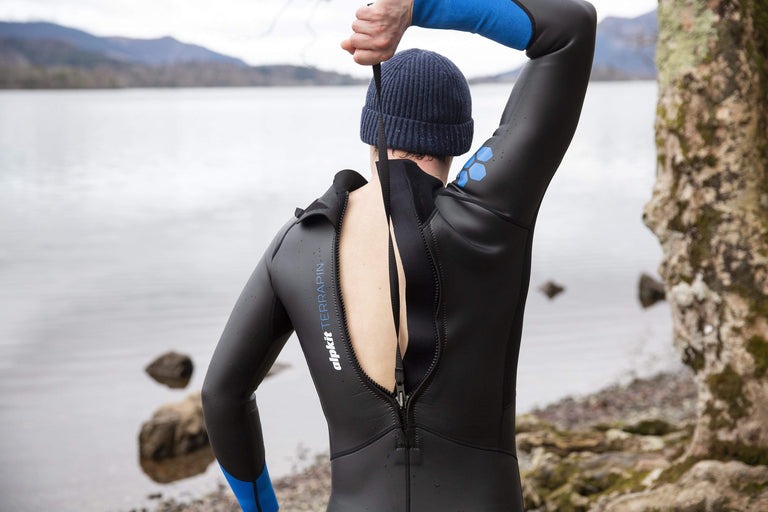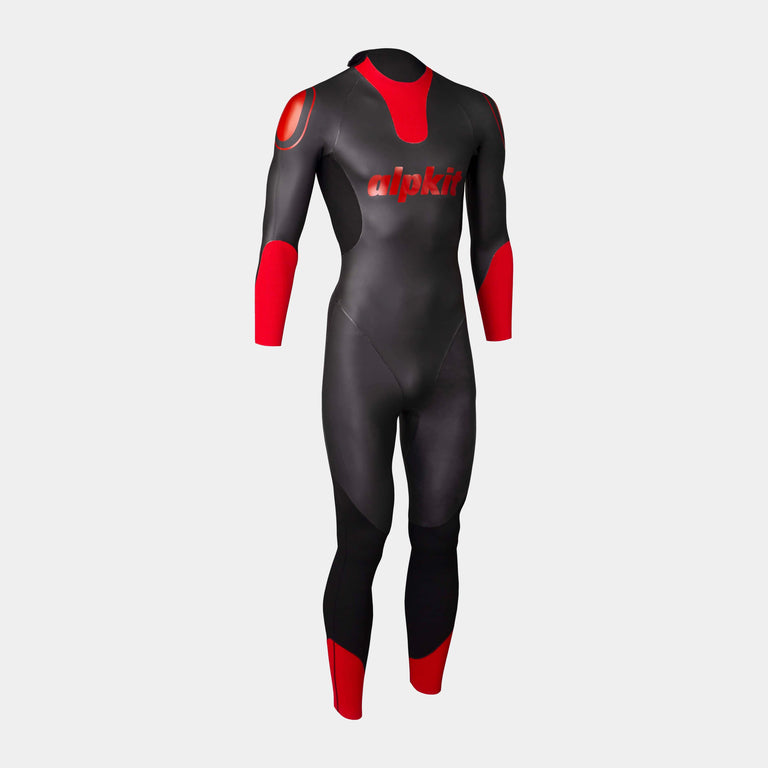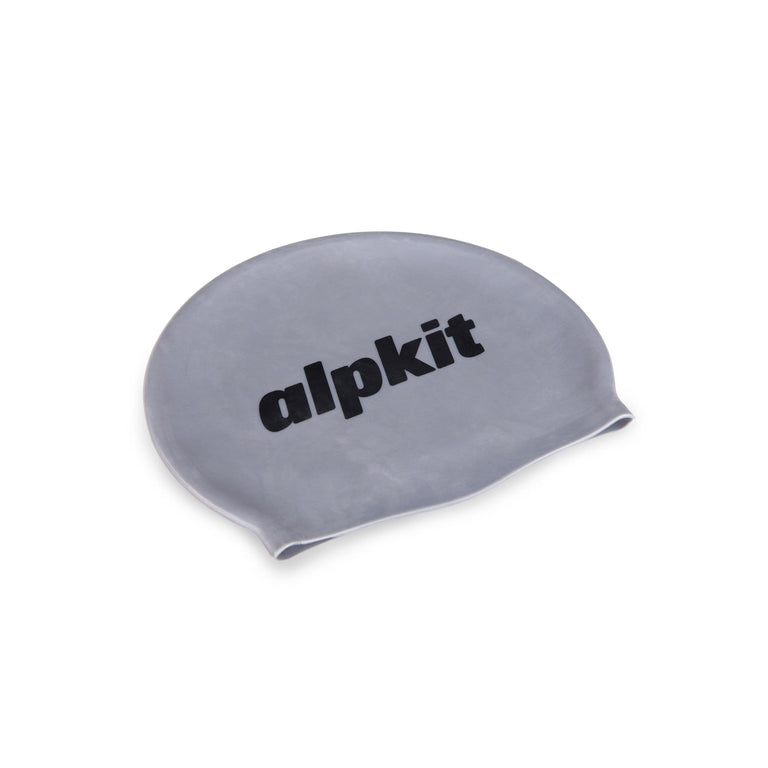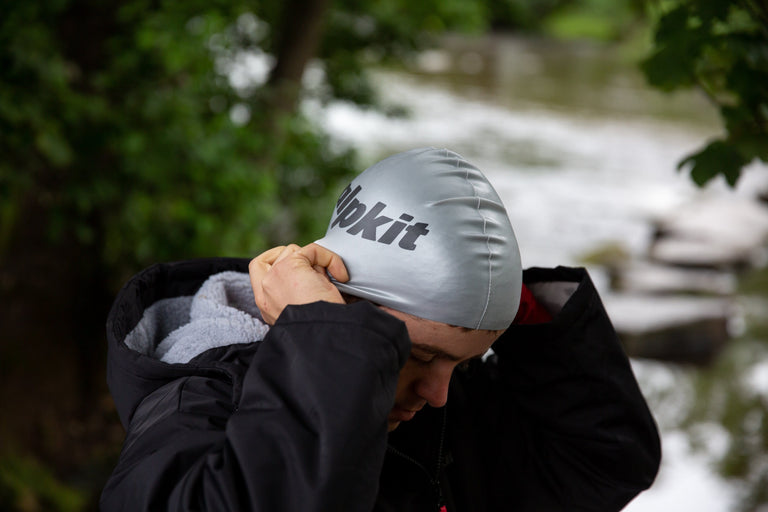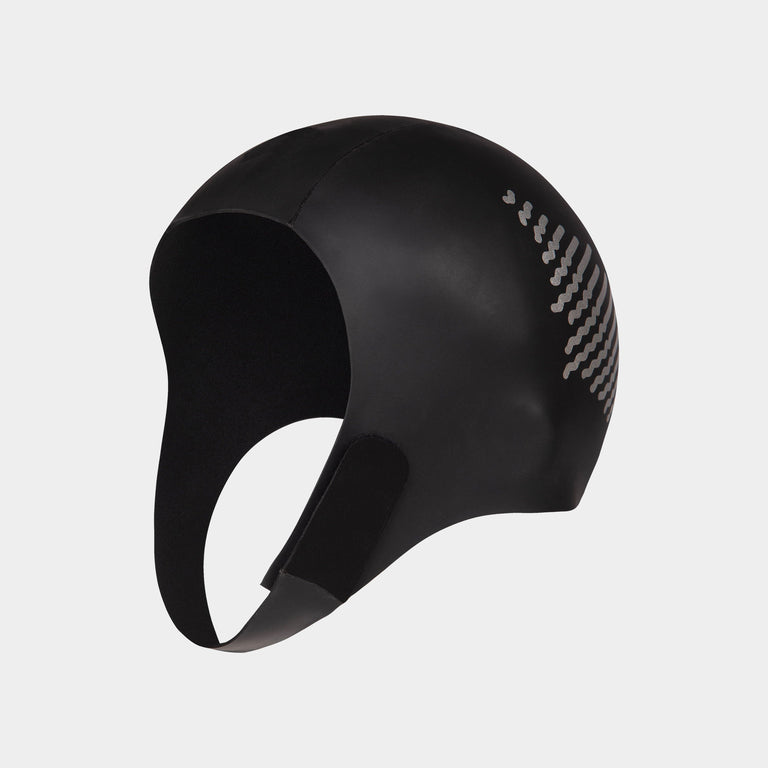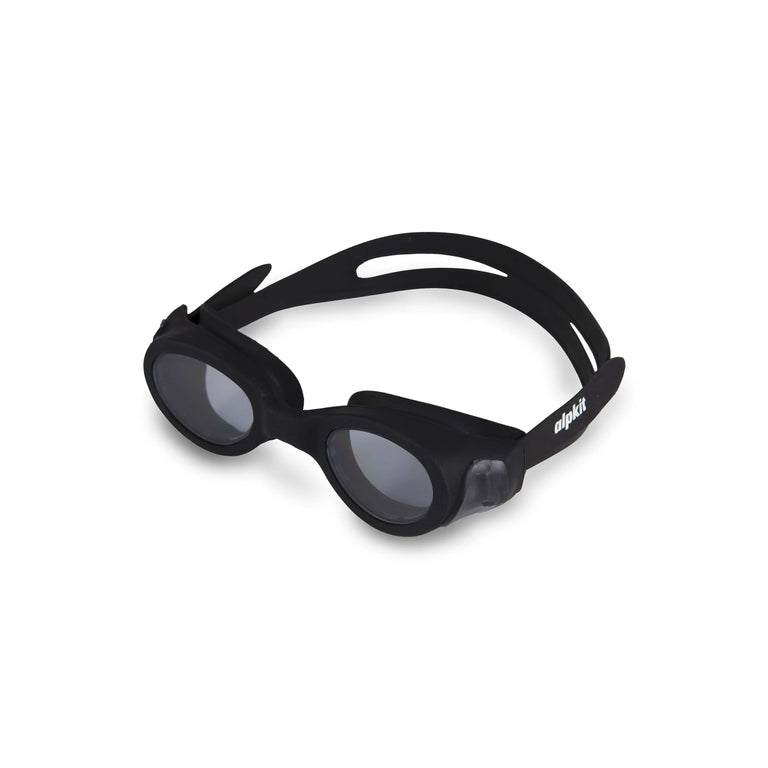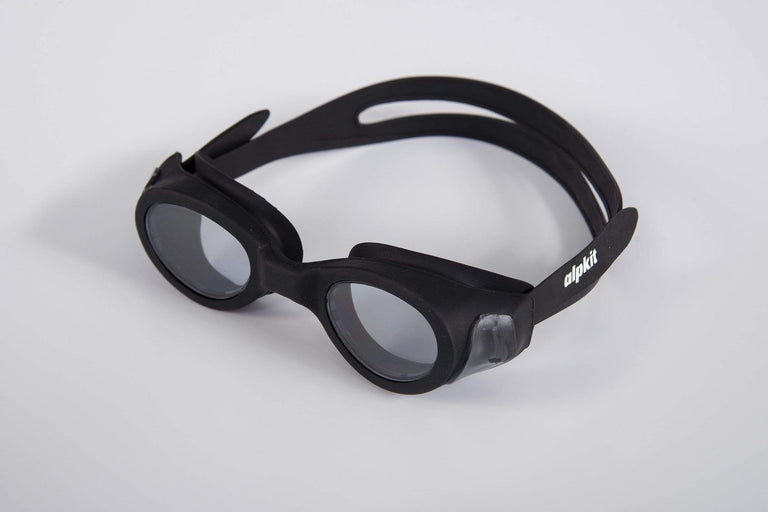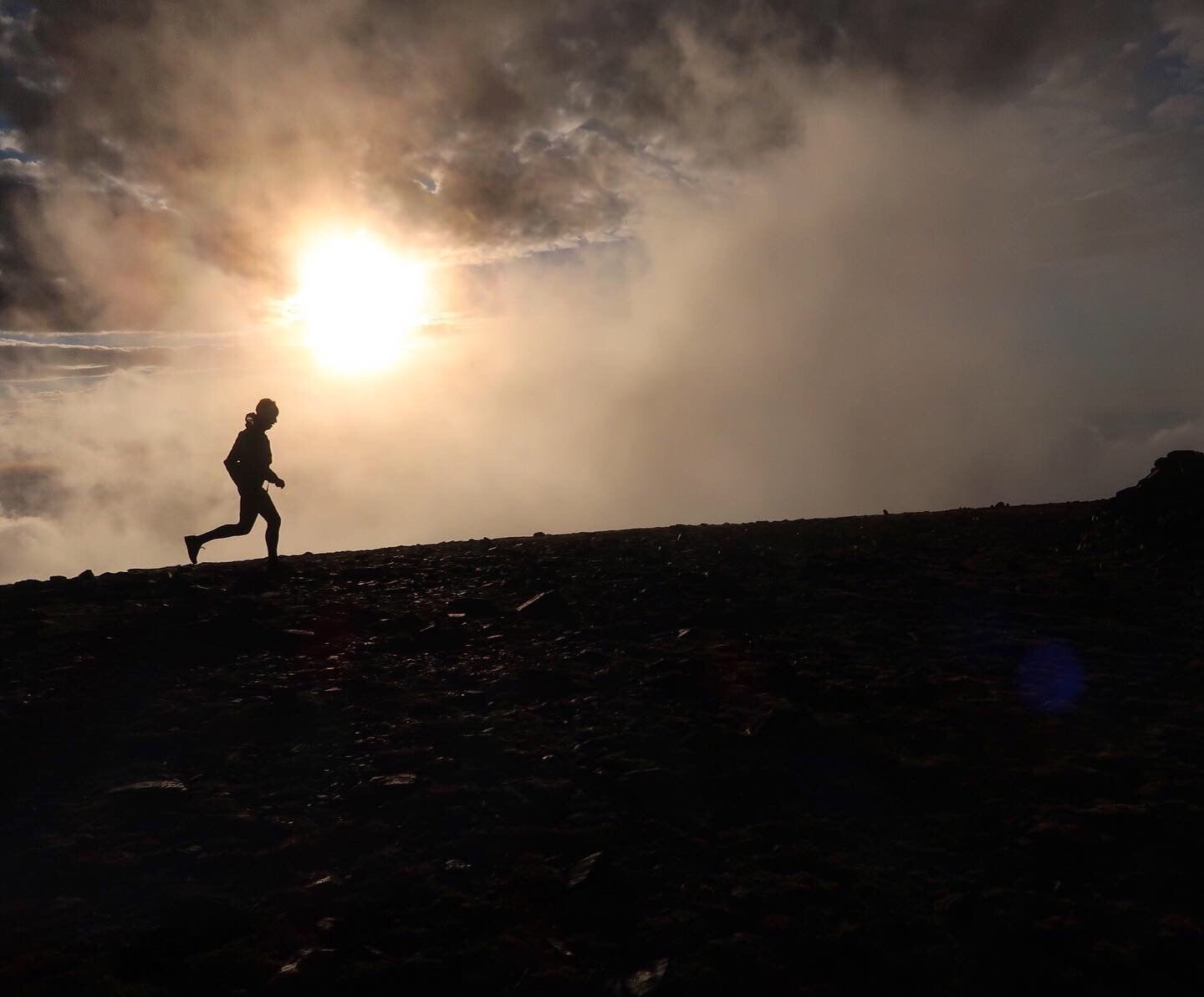
Hidden peril - living with Lyme disease - battling challenges both on and off the trails.
Alpkiteer Ian Palmer was in the form of his life: he'd successfully transitioned from mountain bike racing to fell running (completing a Bob Graham Round in the process) and had set his sights on running the remaining Wainwrights and resuming MTB racing. But a mystery illness left him drained of energy and unable to even walk the three hundred metres to the doctor's surgery.
Last year, for various reasons, I decided to give myself nine months to learn how to run and attempt a Bob Graham Round (watch Ian's short film Fell running">The Year of the Bob to read about his journey). I thought that, whilst I was at it, I might as well learn the Lake District a little more and run the 214 Wainwrights as well (not in one go). It was the end of May when I had completed the Bob Graham and I still had about 100 Wainwrights left on the list.
With my main goal of the year complete, I decided to go back to my first love and start bike racing again. I started training and raced both locally and in France over summer. When September began, I was feeling a bit run down, but didn’t think too much of it. I had around 30 Wainwrights left to complete, so I thought they could be ticked off (no pun intended) by mid-October. Job done. What next?
Nothing could prepare me for the next instalment of this now ongoing saga.

It was a Sunday afternoon in early November and I was feeling a little ropey. I hadn’t been able to train properly recently and my power seemed down when riding my turbo. Lying on the sofa, I turned to Katie and mentioned that I could feel my heart - like an ache. Thirty minutes later, my arms started to feel numb, which I was sure wasn’t normal. This was followed by a call to 111 and a call back from the hospital saying to get down to A&E straight away with the offer of an ambulance!
I was rushed into a room and was met by a doctor who started to talk about my cycling. Maybe this was to put me at ease and maybe it was because I didn’t look that unwell at this stage. However, as she connected the ECG, her demeanour turned from casual chat to ashen-faced seriousness.
The words she said were: "you are having a cardiac event." When I didn’t look overly bothered she translated and said, "by that, I do mean a heart attack. right now." I smirked and told her to turn the machine off and on again, just to check. Amazingly, she actually did! But by now her tone had changed and she had got back up to check my readings. This was all done in a matter of minutes as I was made to lie down and had various drugs pumped into me.
Next up, I was blue-lighted down to Lancaster hospital where the paramedic in the ambulance actually remembered scooping me up a few years ago from a bike crash! I had two more ECGs on the journey (which were also met with more serious looks) and I was then stretchered into the hospital where I was hooked up again and had all sorts of prodding, poking, x-rays and blood tests.
At the end of a very long night (which was topped off by missing my dinner) I was finally packed off home in the early hours. The verdict now was that I hadn’t had a heart attack after all, but something was amiss that needed looking into.

I spent the next two weeks in and out of the doctors/hospital almost daily as they tried to find out what was wrong. Each doctor had a different opinion, from an unhelpful "most people would love to feel like you do right now" to "you have pneumonia, take this tonne of steroids." It was only after describing all of this to a friend that he asked if it could possibly be Lyme Disease.
The next day I mentioned this to another doctor who, thank goodness, agreed. (I have since read many stories of Lyme patients being misdiagnosed, leading to delays in treatment and a much worse long-term outcome. So, I was tested for Lyme Disease and, although the results take a couple of weeks to come back, she put me on the medication straight away (two 3-week courses of super-strength antibiotics).
Although this treatment meant I was now heading in the right direction, the symptoms were awful. The main problem was a severe malaise. I admit that if I had heard someone complain of ‘malaise’ before, I would have assumed it was some sort of weakness. Let me assure you: it isn’t! I also had the worst sore neck, no concentration and the brain of a sieve.
I couldn’t remember friend’s names even though I’d known them for years and conversations would leave me completely drained and needing sleep. I pretty much couldn’t do anything but sleep. It was so bad that, at one point, I couldn’t even manage to walk to the surgery - just three hundred metres away, at best.
Occasionally, I’d get a glimmer of hope, feel slightly better and think, ‘maybe I can go to work or, better still, ride my bike?’ Then the next day would arrive and I could do absolutely nothing but lie about on the sofa, watching box-sets and sleeping. A word of caution. if this ever happens to you: DO NOT GET A NEW PUPPY! I now had to go outside and stand in the December drizzle waiting for the dog to sort itself out several times a day (or hour) in between sleeping and TV.

Like a lot of people, I didn’t know much about Lyme Disease. As far as I was concerned, it was just an excuse for celebrities to do a lot of moaning. Google it: Avril Lavigne, Justin Bieber, Shania Twain to name but a few.
Lyme Disease comes from the ticks of infected deer. They hang about on the limbs of bushes and wait for a body to come past. They then latch on and bury their legs into your skin, fill up on blood and fall off. I got a couple of tick bites late on in the summer/autumn. I vaguely remember knocking them off my skin but not twisting them as you should. I have since learned that, by doing this, I basically squeezed my digested blood from its body back into my leg. Nice!
It’s also worth mentioning that I was one of the 30-50% of people infected with Lyme Disease who didn’t get the classic ‘bull’s eye’ rash (a large, red circular swelling that looks like a target). If I had, I’d have known what it was sooner, started the antibiotic treatment immediately, and recovered within weeks. If only I’d got that rash.

I’m no scientist - this is all from my own experience - but I’ve read about people having a hard time getting their doctors to diagnose Lyme. The list of symptoms cross over with symptoms from many other illnesses, not everyone gets the bull’s eye rash and the blood tests are notoriously inaccurate. This can lead to long delays in getting a diagnosis and the longer the delay in starting antibiotic treatment, the longer it takes to recover.
I had various people email me with words of wisdom. One person ended up in Germany on an antibiotic drip for 6 weeks after English doctors couldn’t work out what was wrong. He said he’s never been the same since. I am not having a dig at the NHS; Lyme can be a really tough disease to diagnose and the doctors who treated me were amazing, helpful, kind and listened seriously to my moaning (I did a lot of this).
It seems that Lyme Disease is on the rise in the UK, particularly as our winters are not that wintry anymore, so the ticks don’t die off. Because of this, it’s becoming more common and diagnoses are slowly becoming easier to attain. There is so much reading on the internet about it as well.
So where am now? I’m 6 months into my recovery after having to take two and a half months off work, but I’m still not better - not by a long shot. I’ve gone from racing bikes all over the world and running a Bob Graham to being a couch potato. Because of all the physical stress I put my body under last year, and then knocking it again with this disease, I managed to give myself Chronic Fatigue Syndrome (CFS/ME). The condition has similar symptoms to Lyme and is another thing I wouldn’t have previously been very sympathetic about, thinking it wishy-washy and weak. I now know better.

However, it’s not all doom and gloom. I’m slowly getting better and am finally starting to figure out what I can and can’t do without the next day (or few days) being complete write-offs.
I spoke to Steve Birkinshaw, who suffered similar CFS symptoms after his record-breaking Wainwrights adventure a few years ago (Steve held the record of 6 days 12 hours 58 minutes until it was broken recently). I was heartened to hear that Steve is now back racing and mostly feeling well.
With the help of a coach (former Olympic mountain biker Oli Beckinsale), I have a gentle programme of exercise that includes riding the rollers and walking, but never with my heart rate above 120bpm. The most important part of my ‘training’ is rest - I’m not very good at this bit as I generally find myself doing too much, which in turn makes me so tired that I can’t get up the next day.
With the country in its current state I’m so glad it didn’t happen this year - I would have been an even bigger drain on the NHS for something some would perceive as my own fault (not the Lyme part obviously, but pushing my body so hard for my Bob Graham, Wainwrights and MTB racing). No longer will I think ‘that’s a whole lot of whining’ when I hear of CFS/ME or another celebrity with Lyme Disease.
Once again, my newfound friends of the fell running world have come to the rescue. One minute they are guiding me around the Lakes, the next they are passing on phone numbers of people who could help with getting better. The last few months have given me a lot of time to think if there’s anything I’d have done differently given my time again.
I don’t regret doing a Bob Graham for one moment. But I’d say be aware that, for some, there may be repercussions. If you are going on the fells, I would suggest covering up your legs or smearing on a bug repellent. And if you do get a tick, use the special tool to twist it off your body. After that, be really vigilant about looking for the rash or the symptoms as time really is of the essence when it comes to getting treated. I don’t recommend going through what I have, but here I am whining about it like another C list celebrity.

You can follow Ian's recovery on his instagram: @ipalmer71
If you think you may have Lyme Disease, it is important to get treated as soon as possible. You can find out more about the symptoms on the NHS website, and the charity Lyme Disease Action have a range of other resources to raise awareness of the condition.
You can also take a look at Steph Young's article , a comprehensive guide which covers why people should care about Lyme disease, and how they might realistically protect themselves from it.

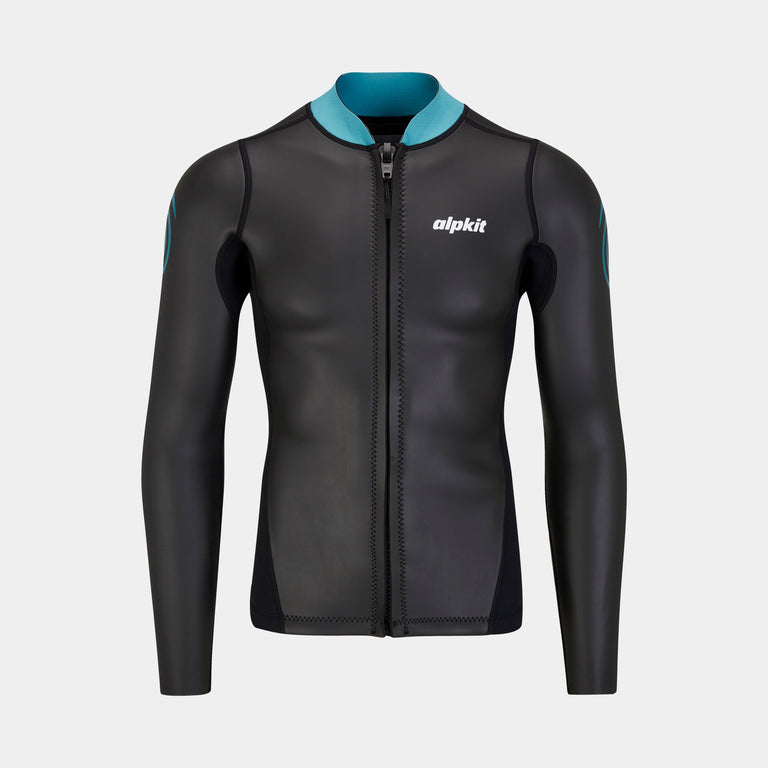
![Element Wetsuit Jacket [Mens]](http://eu.alpkit.com/cdn/shop/products/element-mens-jacket-pants-ecom-2_20228afb-4b26-41de-8747-726b26edded5.jpg?v=1699443321&width=768)

![Element Wetsuit Vest [Mens]](http://eu.alpkit.com/cdn/shop/products/element-mens-vest-shorts-ecom-2_bed513c4-b564-4446-856d-d889f90f885e.jpg?v=1702909396&width=768)
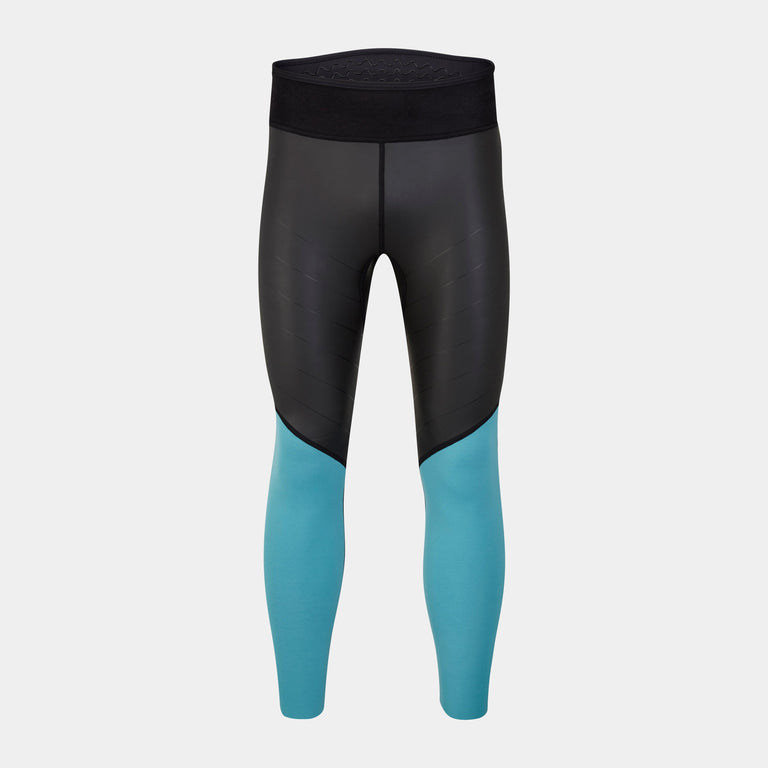
![Element Wetsuit Pants [Mens]](http://eu.alpkit.com/cdn/shop/products/element-mens-jacket-pants-ecom-2_c06af369-dc75-44f8-9ccb-f65f3737c4aa.jpg?v=1699443392&width=768)
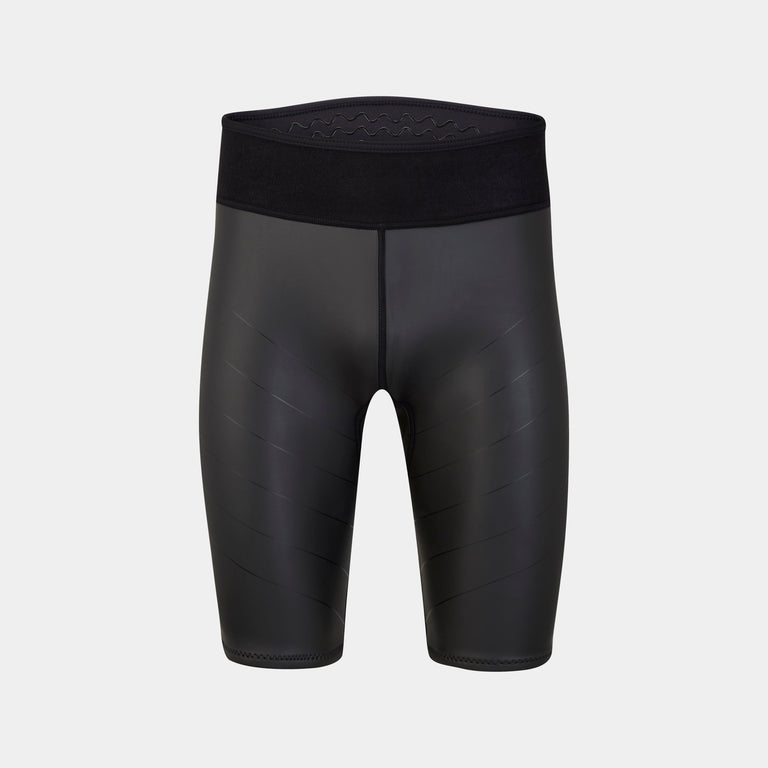
![Element Wetsuit Shorts [Mens]](http://eu.alpkit.com/cdn/shop/products/element-mens-vest-shorts-ecom-2.jpg?v=1702916294&width=768)
![Hythe [Mens]](http://eu.alpkit.com/cdn/shop/products/mens-hythe-tarmac.jpg?v=1764183160&width=768)

![Terrapin Natural Swimming Wetsuit [Mens]](http://eu.alpkit.com/cdn/shop/products/mens-terrapin-e.jpg?v=1699443601&width=768)
